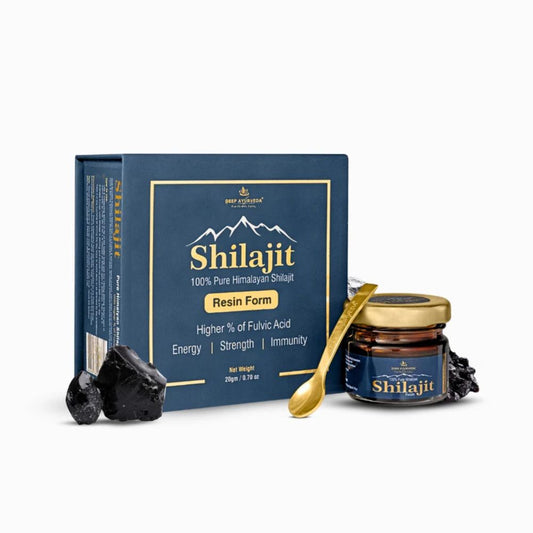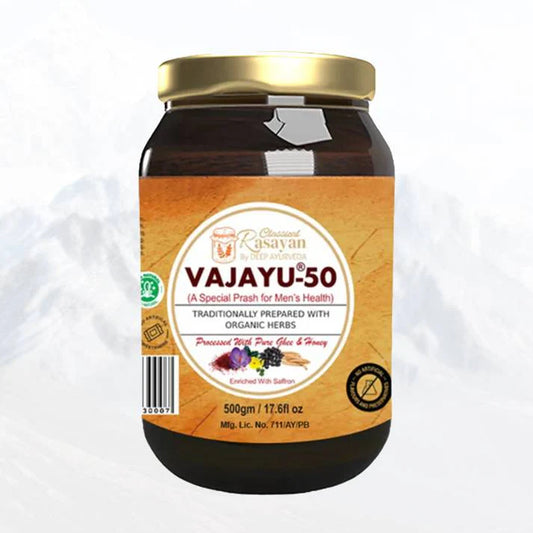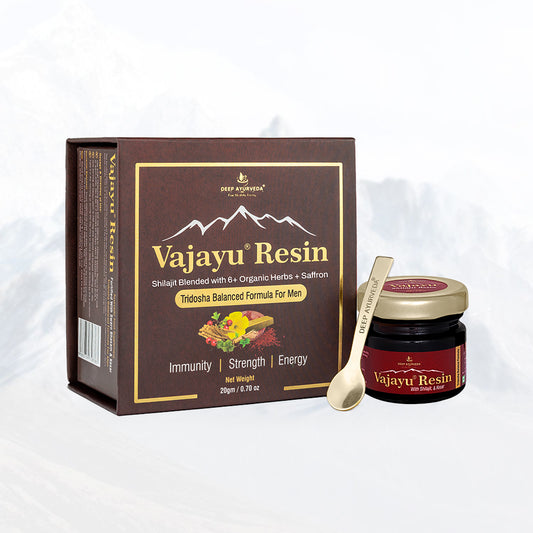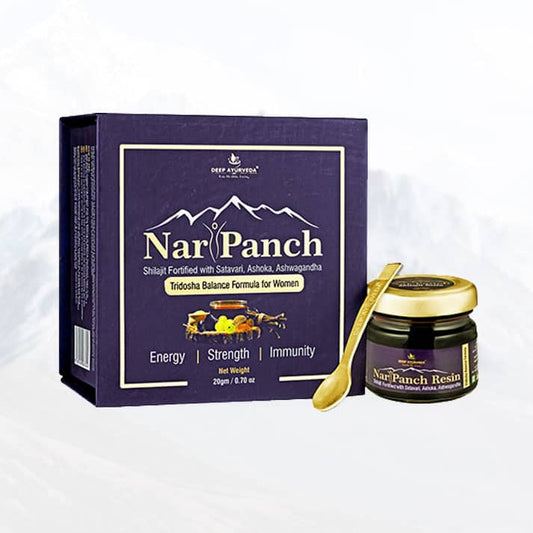Healing Inflammation Naturally with Plant-Based Foods and Herbs
Inflammation is at the root of most modern chronic health conditions — from joint pain and arthritis to fibromyalgia, cardiovascular diseases, and even autoimmune disorders. It’s the body’s natural defense mechanism in overdrive, often fueled by poor diet, chronic stress, environmental toxins, and a sedentary lifestyle. As conventional treatments often come with long-term side effects, more people are turning to plant-based, organic, and herbal solutions for relief and healing.
Enter the Organic Herbivore — a way of life that emphasizes eating clean, plant-powered foods, using healing herbs, and aligning with nature’s intelligence. This approach isn’t just a diet; it’s a lifestyle that rebuilds your health from the ground up—literally, from the soil to your cells.
In this blog, we’ll explore how inflammation can be tamed through an anti-inflammatory, plant-based, organic diet, combined with powerful herbs like turmeric, ginger, and ashwagandha—all backed by ancient wisdom and modern science.
Understanding Inflammation: Friend Turned Foe
Inflammation is your body’s natural response to injury, infection, or toxins. It’s essential for healing. But when it becomes chronic, it turns against the body, damaging tissues, joints, and even organs.
Conditions Linked to Chronic Inflammation:
-
Osteoarthritis & Rheumatoid Arthritis
-
Fibromyalgia
-
Chronic fatigue syndrome
-
Irritable bowel disease
-
Lupus
-
Heart disease
-
Alzheimer’s and cognitive decline
What Is an Organic Herbivore?

An Organic Herbivore is someone who lives in sync with nature, eating plant-based foods grown without harmful chemicals, and supporting their body with healing herbs instead of relying on synthetic medication unless truly necessary.
This lifestyle supports:
-
Reduced systemic inflammation
-
Balanced gut microbiome
-
Joint and muscle health
-
Stronger immune response
-
Improved energy and mood
Anti-Inflammatory, Organic Plant-Based Diet: The Foundation
The base of healing starts with what’s on your plate. A whole food, plant-based diet that is organic wherever possible avoids pesticide residue, GMOs, and inflammatory additives.
Foods That Fight Inflammation:
-
Leafy greens – Spinach, kale, mustard greens: rich in antioxidants and chlorophyll.
-
Cruciferous veggies – Broccoli, cabbage, Brussels sprouts: support liver detox.
-
Colorful fruits – Berries, papaya, mango, pomegranate: high in polyphenols.
-
Whole grains – Brown rice, quinoa, amaranth: fiber-rich, stabilize blood sugar.
-
Legumes – Lentils, chickpeas, mung beans: protein and gut-friendly prebiotics.
-
Seeds and nuts – Flaxseed, chia, walnuts, almonds: healthy fats and omega-3s.
-
Fermented foods – Sauerkraut, kimchi, plant-based yogurt: support gut flora.
-
Cold-pressed oils – Extra virgin olive oil, flaxseed oil: anti-inflammatory fats.
Foods to Avoid:
-
Processed sugar and refined grains
-
Dairy products
-
Red and processed meats
-
Refined vegetable oils (canola, corn, soybean)
-
Artificial additives and preservatives
-
Alcohol and excess caffeine
These foods contribute to leaky gut, oxidative stress, and immune dysregulation, all of which worsen inflammation.
Herbal Allies for Inflammation Relief

While food forms the foundation, herbs act as natural medicine. Many traditional herbs have been used for centuries to manage joint pain, reduce swelling, and restore mobility.
1. Turmeric (Curcuma longa)
-
Star compound: Curcumin
-
Benefits: Potent anti-inflammatory, antioxidant, and joint protector
-
Use: Golden milk (turmeric with plant milk), capsules, or in cooking
-
Tip: Take with black pepper (piperine) to enhance absorption by 2000%
2. Ginger (Zingiber officinale)
-
Action: Blocks inflammatory pathways, soothes muscles
-
Benefits: Reduces morning stiffness and joint pain
-
Use: Ginger tea, fresh ginger in meals, or powdered supplements
3. Ashwagandha (Withania somnifera)
-
Adaptogenic herb: Helps reduce stress-driven inflammation
-
Benefits: Calms the nervous system, reduces cortisol, aids sleep
-
Use: Capsules or mixed with warm plant-based milk at night
4. Boswellia (Indian Frankincense)
-
Benefits: Inhibits leukotrienes (inflammatory molecules), improves joint mobility
-
Use: Common in Ayurvedic arthritis formulations like Shallaki
5. Guduchi (Tinospora cordifolia)
-
Immunomodulator: Balances overactive immune responses
-
Used in: Rheumatoid arthritis and autoimmune-related inflammation
6. Moringa (Drumstick Tree)
-
Rich in vitamin C, A, and plant protein
-
Fights oxidative stress and supports tissue repair
Lifestyle Changes to Support Anti-Inflammatory Healing
Diet and herbs are powerful, but true healing happens when lifestyle aligns with nature’s rhythms.
1. Prioritize Sleep
-
Poor sleep increases inflammation markers (like CRP).
-
Practice a calming bedtime routine, avoid screens before bed.
2. Gentle Movement
-
Yoga, walking, and swimming reduce joint stiffness and increase circulation.
-
Avoid high-impact activities during flare-ups.
3. Stress Management
-
Stress is a major driver of inflammation via cortisol.
-
Meditation, deep breathing (pranayama), journaling, and spending time in nature help.
4. Daily Routine (Dinacharya)
-
Eating at regular times, waking up with the sun, and following a routine helps regulate digestion and immune function—both key to reducing inflammation.
Why Organic Matters

Eating organic isn’t just a trend; it’s a protective measure. Pesticides and chemical fertilizers disrupt the gut microbiome, a key player in immune regulation and inflammation. Organic farming also supports soil health — and healthy soil grows nutrient-rich, medicine-like food.
What Modern Science Says
-
A study in the Journal of Clinical Immunology found curcumin effective in reducing inflammation in arthritis.
-
Ginger has been shown to reduce markers like TNF-alpha in chronic pain.
-
Plant-based diets consistently lower C-reactive protein (CRP) — a major inflammation marker.
-
Omega-3 rich seeds, like flax and chia, reduce stiffness and swelling.
Final Thoughts: Healing Starts at the Roots
Becoming an Organic Herbivore isn’t about restriction — it’s about returning to your natural state of health. When you eat pure, plant-based foods and incorporate the healing wisdom of herbs, your body begins to release chronic inflammation, pain, and fatigue. You restore not just your joints but your vitality.
Nature already holds the answers to our most persistent health problems — we just need to listen, align, and nourish ourselves from the ground up.
Ready to begin your journey as an Organic Herbivore?
Start with one herbal tea a day. Swap one processed meal with a whole-food, plant-based plate. Add turmeric to your cooking. You don’t need to be perfect — just consistent.
Healing is not a destination. It’s a practice rooted in nature — and it starts with you.







